Teachers and students of Nhu Ba Sy Secondary School (Hoang Hoa) in a lesson using smart interactive screens. Photo: Phong Sac
On November 18, 2024, General Secretary To Lam had a talk with representatives of teachers and education managers on the occasion of Vietnamese Teachers' Day, November 20. In his speech, the General Secretary suggested a number of major tasks that the education sector must carry out, namely: Completing the cause of education and training innovation, completing the goal of creating human resources for national construction and defense in the era of national development (during the term of the 14th Party Congress). Completely eliminating illiteracy, especially in remote areas, among ethnic minorities. Launching the "Digital Education for All" movement in the period of national digital transformation.
The popular education campaign that the General Secretary mentioned, compared to the popular education campaign established after the August Revolution in 1945, has the same goal of eliminating "ignorance", with the same method of implementation, which is to mobilize the whole country to participate, without any citizen standing outside. In both of these campaigns, the ethics of behavior in learning are emphasized: Everyone is a friend of each other. Everyone is a student of each other. Everyone is a teacher of each other. In the fight against "ignorance", those who know teach those who do not know. Those who know can be older, but can also be younger than those who do not know; those who know can be superior to those who do not know, but there will be many cases where they are only different by one piece of information, one experience, one new idea. The ancients taught: Of three people walking with us on a journey, at least one will be our teacher.
The popular education in the past and the popular digital education today both require all people to understand and deeply perceive one basic thing: "intellectual poverty is the source of multidimensional poverty" and both advise that it is necessary to enrich knowledge before wanting to have a lot of money, land, houses...
On December 22, 2024, the Politburo issued Resolution No. 57-NQ/TW on breakthroughs in science, technology, innovation, and national digital transformation. This issue is not entirely unfamiliar, but the new thing is that the development of science and technology is considered a breakthrough, creating a breakthrough in the economy, a strong transformation in productive forces and production relations. This is an inevitable trend for the country to reach the heights of sustainable development.
Firstly, digital literacy must contribute to improving the quality of future human resources and local human resources, creating endogenous capacity for science and technology. The quality of our human resources is currently weak not only compared to major countries in the world, but also to some countries in the region. According to recent statistics, Vietnam's labor productivity is equal to 15.4% of the US; 19.1% of France; 21.6% of the UK; 24.7% of South Korea; 26.3% of Japan... In the Southeast Asian region, Vietnam's labor productivity is equivalent to that of Laos.
Second, it is necessary to review and thoroughly innovate the content and methods of education and training, breaking away from the way of learning that is only theoretical, moreover, it is scholastic, dogmatic, and does not escape the experience of predecessors, thereby building creative ways of thinking for learners, which are: Different Thinking is an independent, creative way of thinking that goes beyond conventional patterns. It allows us to look at problems from many different perspectives, find new and unique solutions. Breakthrough Thinking is a way of thinking that solves problems in new ways, is not limited by anything, explores unique ways to find unexpected results, is not afraid to experiment and accept risks.
The Standing Committee of Thanh Hoa Provincial Party Committee also issued Plan No. 265-KH/TU dated April 24, 2025 on implementing the movement "Digital popular education" to propagate, disseminate, and create a strong change in the awareness and actions of Party committees, Party organizations, authorities, socio-political organizations, cadres, Party members and people on digital transformation and the dissemination of digital skills for people in the process of digital transformation of the province associated with national digital transformation. Organize the good implementation of the Central's mechanisms and policies; review and develop provincial mechanisms and policies, remove institutional bottlenecks and barriers to support and accelerate the process of digital transformation, the dissemination of digital skills for people with the motto "no one is left behind" and "people and businesses are the center, goal and driving force of digital transformation". Comprehensively and synchronously deploy solutions, focus resources, mobilize participation and coordination of domestic and foreign organizations and individuals; update and raise awareness of digital transformation and digital skills for officials, civil servants, public employees and workers in the public sector; popularize digital skills for students, workers in enterprises and people in studying, researching, using online public services and other essential services. Launch a self-study emulation movement on digital transformation, training and developing digital skills to meet the digital transformation requirements of agencies, units and enterprises; effectively exploit digital services, platforms, digital technologies, especially artificial intelligence in work and life; build digital units, digital communities, families and digital citizens. Linking the movement with the implementation of the Project "Raising awareness, popularizing skills and developing human resources for national digital transformation by 2025, with a vision to 2030" and with the movements being implemented, especially the movement "The whole country competes to build a learning society, promoting lifelong learning in the period 2023-2030".
In essence, the digital literacy movement and the development trend of the movement associated with building a learning society and lifelong learning in Thanh Hoa province, under the lens of a learning society, is essentially a movement to promote learning, encourage talent, and build a learning society. The movement was initiated from the 9th National Congress of the Party (2001), when the Party advocated shifting the traditional education model to an open education model, that is, to a learning society model. A learning society is an educational environment in which lifelong learning is not only a right, but also an obligation of every citizen. In the context of developing a knowledge-based economy under the driving force of the fourth industrial revolution (4.0), a learning society is considered a macro-educational ecosystem with its own unique characteristics.
The previous popular education (1945) and the current popular education both had the mission of eradicating “illiteracy”, but in the past, eradicating “illiteracy” was the task of eliminating illiteracy in the national language, learning quickly and effectively to read and write fluently, doing the four basic calculations, and accessing the guidelines, policies and guidelines of the Party and the State. From there, everyone participated in everything that the resistance war required if they were sent to the front line. If they worked in the rear, they would wholeheartedly and with all their might increase production, create all resources for the front line and build a safe area as a strong rear base for the front line.
At present, the “enemy of ignorance” that needs to be quickly eliminated is technological illiteracy that needs to be applied to the fields of production, business, services, national defense - security, social management, education and health... That ignorance is the “enemy” that hinders development, slows down the process of international integration, and makes social life lag behind the progress of countries in the region and the world. The “enemy of ignorance” of today is also manifested in illiteracy in labor skills when new technology is applied to production; practical illiteracy - meaning having knowledge but not being able to do it; vocational illiteracy when a new profession appears without the knowledge and skills to choose; foreign language illiteracy so as not to meet the requirements of the required job position or ineffective transactions when encountering foreign language barriers. The ignorance of today's era is also revealed in the lack of new knowledge despite living in a state of being overwhelmed by a sea of information.
Dr. Nguyen Ngoc Tuy,
Deputy Head of the Provincial Party Committee's Propaganda and Mass Mobilization Department,
Chairman of Thanh Hoa Informatics Association
Source: https://baothanhhoa.vn/trien-khai-hieu-qua-phong-trao-binh-dan-hoc-vu-so-gan-voi-xay-dung-xa-hoi-hoc-tap-va-hoc-tap-suot-doi-248091.htm



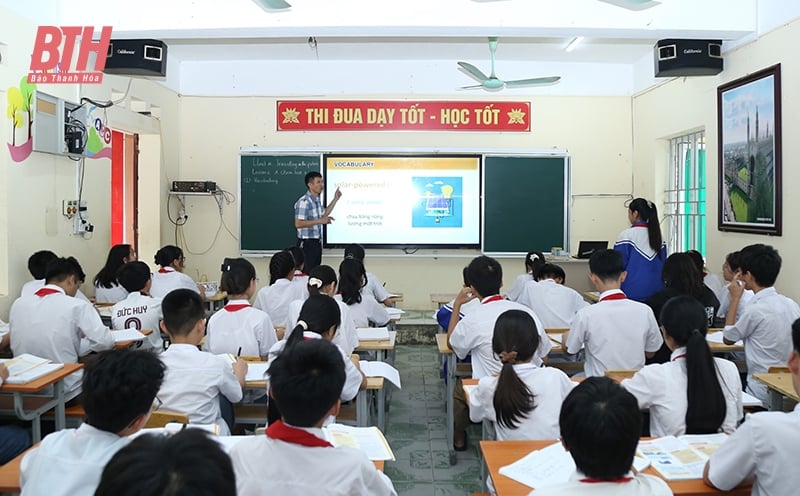





![[Photo] Prime Minister begins trip to attend SCO Summit 2025 in China](https://vphoto.vietnam.vn/thumb/1200x675/vietnam/resource/IMAGE/2025/8/31/054128fff4b94a42811f22b249388d4f)
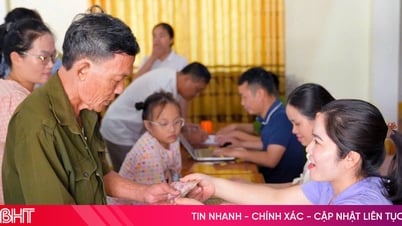



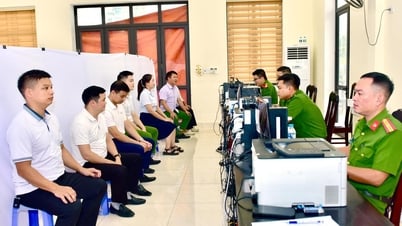

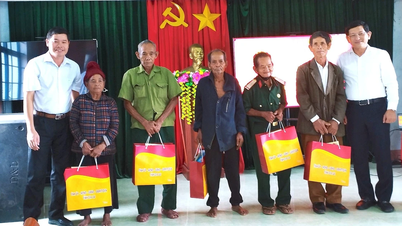

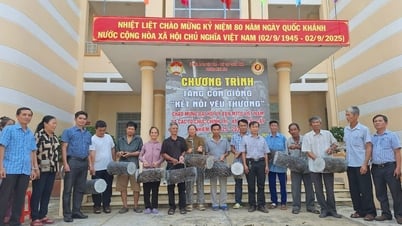







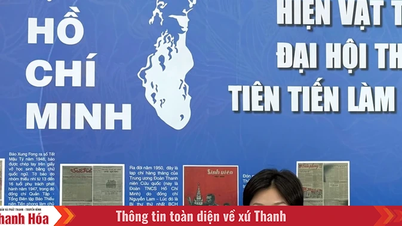
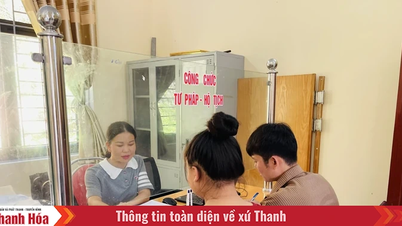

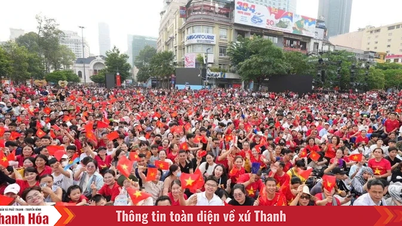
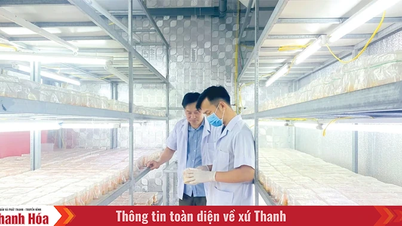


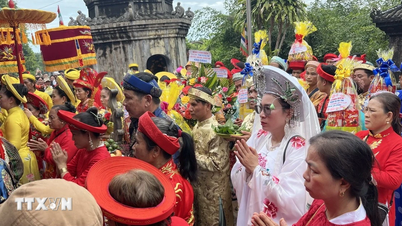

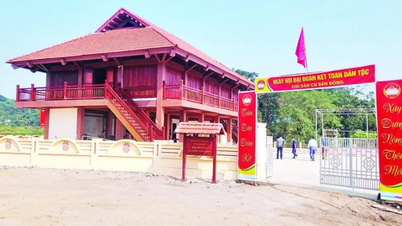






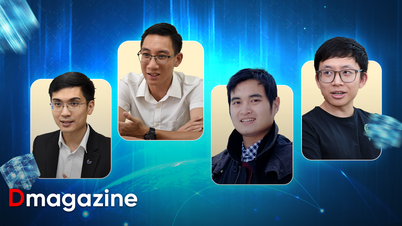










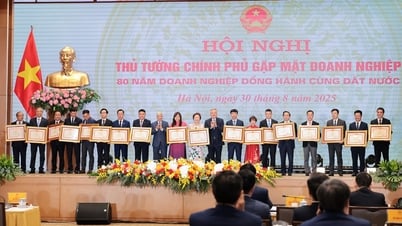






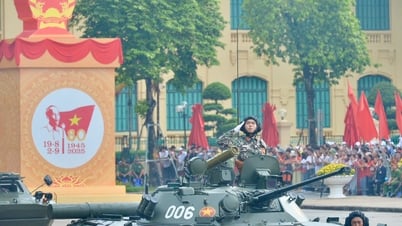






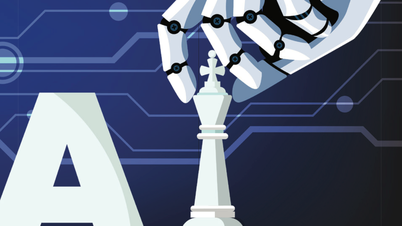





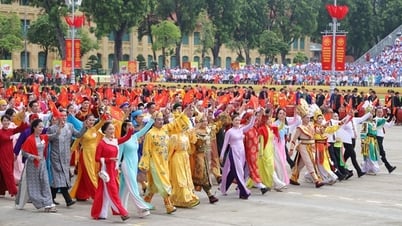


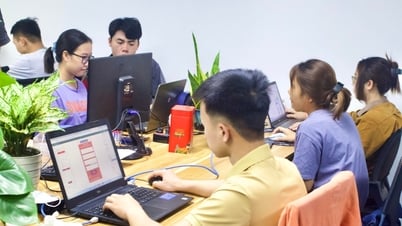
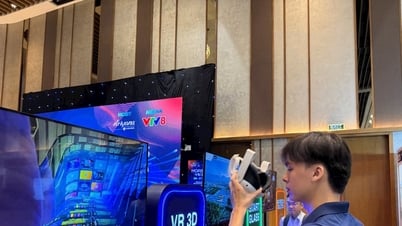


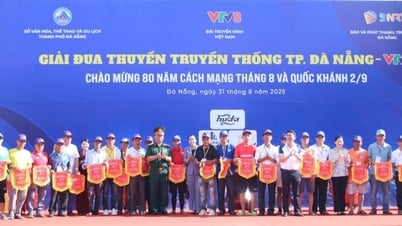
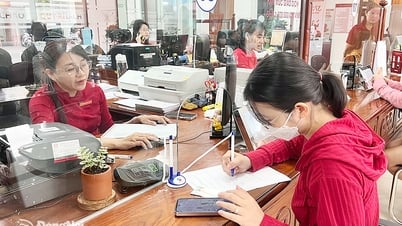







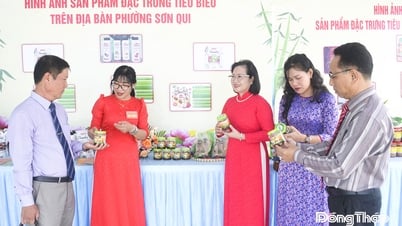

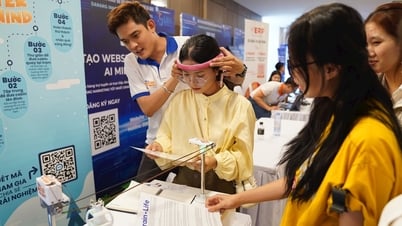





Comment (0)